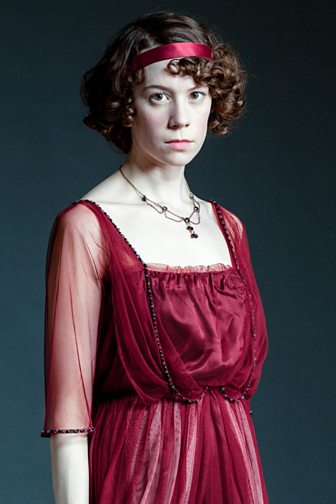Hi folks,
One last Lit post.
I wanted to reassure you about a couple of things in terms of the comparison question on Love and Relationships (Section B):
One last Lit post.
I wanted to reassure you about a couple of things in terms of the comparison question on Love and Relationships (Section B):
- Do I have to tack on some context when I'm discussing the poems?
- How do I structure my comparison?
Here are my answers to these questions:
1) No! AO3 is 'exploration of ideas/perspectives/contextual factors shown by specific, detailed links between context/text/task'. It is not just context. The key 'idea' is in the question. So, according to AQA, if you answer the question properly, if you ZOOM OUT and think about the big ideas and perspectives in the poems, you will be hitting AO3. Chill out and answer the question.
2) I used to have a very particular structure for the poetry comparison. I think it's still useful and do-able:
1) Intro - basic comparisons (with key word in Q)
2) Starting with ideas (based on key word in question) - Poem A and Poem B
3) Starting with methods (consider this a 'sweep-up' of things you haven't mentioned yet,
esp. structure) - Poem A and Poem B
4) Conclusion
HOWEVER, it is worth pointing out that comparison is no longer an assessment objective in itself, and AQA are quite relaxed now about how the comparison works, as long as you write about two poems and make links between them. Here's what they said in last year's examiner's report:
So, here's my advice now:
- stay sharply focused on the key word/idea in the question
- make sure you discuss the writers' methods, especially metaphor and structure
- think about the journey of each poem (beginnings/middles/ends)
- move between the poems making connections, BUT...
- don't move between the poems too often - give yourself time and space to develop your ideas in detail
- if you get stuck and don't know how to begin: write about Poem A first, then make links back as you write about Poem B
Finally, here are some 'model answers' which I have written this year. I've added comments in the margin to point out what I'm doing. You'll find three poetry essays on this doc: a comparative essay, an unseen poetry essay and a methods comparison. To view the annotations, click full screen, and then click on the individual comments and it will highlight the bit that I'm referring to. Alternatively, download a copy and view it more clearly in Word.
Any questions - get in touch.
GOOD LUCK!
Mr M





